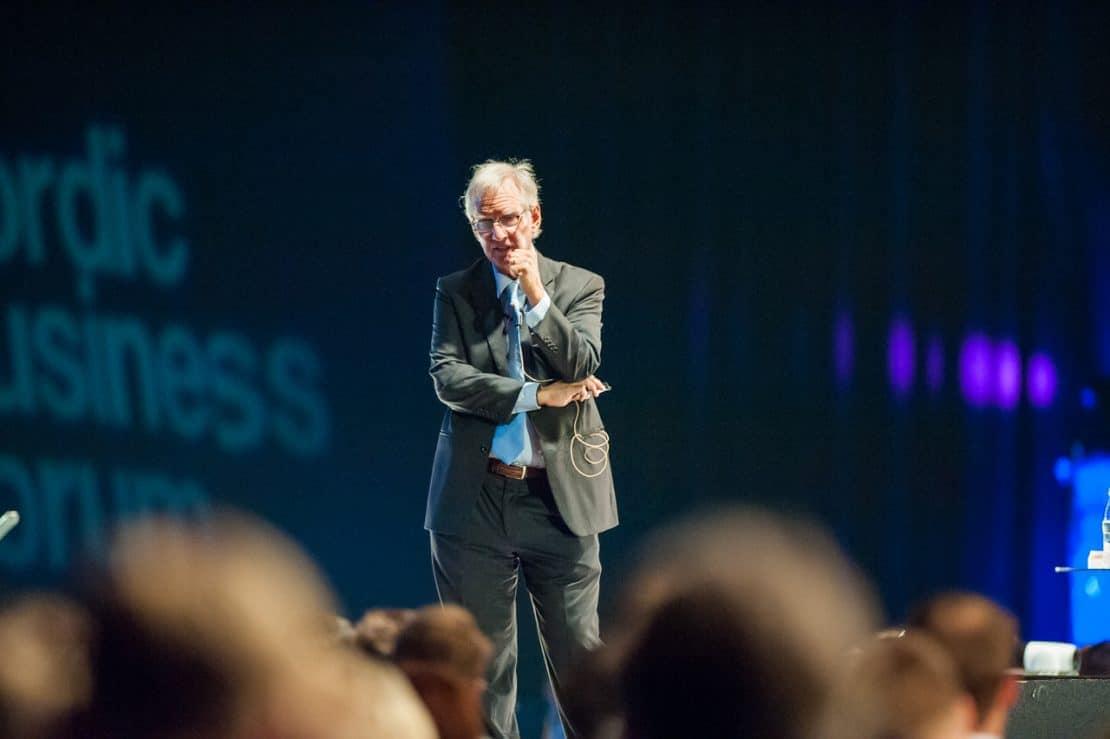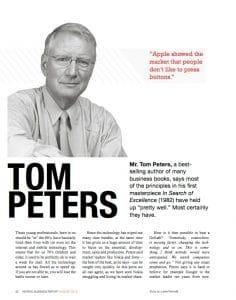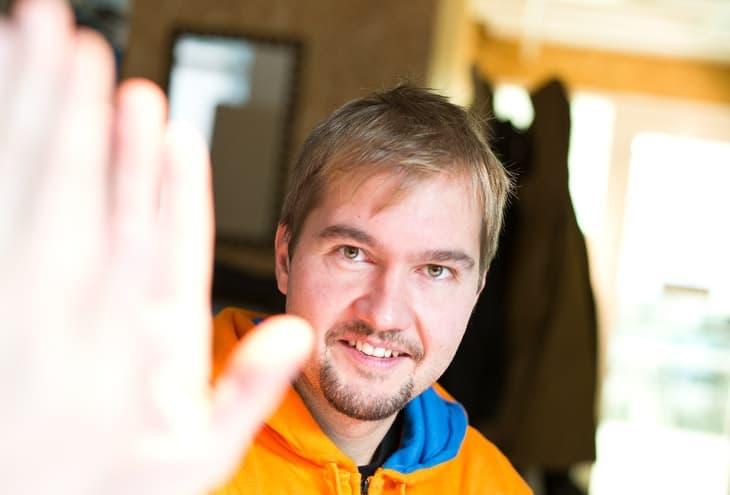16Mar2013
Mr. Tom Peters, a best-selling author of many business books, says most of the principles in his first masterpiece In Search of Excellence (1982) have held up “pretty well.” Most certainly they have. University students and young business professionals in their late 20’s, read that book, take the doctrines and adapt them to their daily work.
Those young professionals, born on [should be “in”] the 80’s, have basically lived their lives with (or even in) the internet and mobile technology. This means that for us 70’s children and older, it used to be perfectly ok to wait a week for mail. All the technology around us has forced us to speed up. If you are not able to, you will lose the battle sooner or later.
Since the technology has wiped out many time bandits, at the same time it has given us a huge amount of time to focus on the essential; development, sales and production. Peters said market leaders like Nokia and Sony – the best of the best, as he says – can be caught very quickly. At this point we all can agree, as we have seen Nokia struggling and losing its market share.
How is it then possible to beat a Goliath? “Somebody, somewhere, is moving faster, changing the technology and so on. This is something I think nobody would have anticipated. We watch companies come and go.” Not giving any exact prophecies, Peters says it is hard to believe for example Google is the market leader ten years from now. “Apple is certainly still very much alive and well, but obviously the stock price tells Apple also is facing very hard times.”
After the depression, we have seen the economy come back up reasonably well. The surprising side of this coin is we have not seen the jobs come back. It seems we are in the midst of a structural change rather than economic change. Surely, those who can adapt to the structural change will survive better than those who cannot. And, there will be companies who will lead the structural change. For example, Apple showed the market that people don’t like to press buttons. I say that at that time, Nokia truly became a follower, not a leader – first time in its history.
In his book Talent (2005), Peters says we have no option. “The harsh news: This Is Not Optional. The reinvented you and the reinvented me will have no choice but to scramble and add value in some meaningful way.” In Finland, you can read about this in newspapers, magazines and columns. Once a paper mill worker, always a paper mill worker. The factory CEOs have not been able to change their business, organizational or cost structure fast enough. Some other company hires the white-collar CEO and the employees get the pink slip. Who wins?
Peters says the entrepreneurial opportunities are infinite. They have been infinite since the industrial revolution. So, rather than sticking to the present we have always done it like this (and that is why you always only get the same results) type of thinking, one should live in the moment and build a system to stay on top of the change at all times. If you had worked on a technological project 25 years ago, you would have, for example, 45 out of 50, people in the project would come from your company. Today, the same amount of people in a similar project would come from 40 companies from 14 countries and three continents instead. A wonderful example of a structural change.
In this turmoil we are at the moment, having the speed of change accelerating all the time, we need winning leaders. As Peters writes and speaks about management, how does he describe leadership? “Leadership is about developing people”, says Peters. It is not a good vision and riding on a white horse. At this point Peters pulls out a surprising card: “If you are a manager of a sports team, people do not ask you to define a vision or ride a white horse. They ask you to build talent.” When interviewing Mr. Welch, we found out he learned a lot about people when he was working with sports teams.
What can Peters teach us about the business principles, which remain the same whilst the speed of change accelerates? Now we get into a very crucial topic – sales – Peters says in every culture the most important skill is listening. He told a theoretical example of him being a French salesman at Airbus, negotiating with a sheik in Dubai. More important than trying to sell an airplane would be getting in the head of the client. Try to understand his way of thinking and the culture he lives in. Is there any other possible way than listening? No.
This article is from the August 2013 issue of Nordic Business Report. Read the full magazine here »

 by:
by: 

